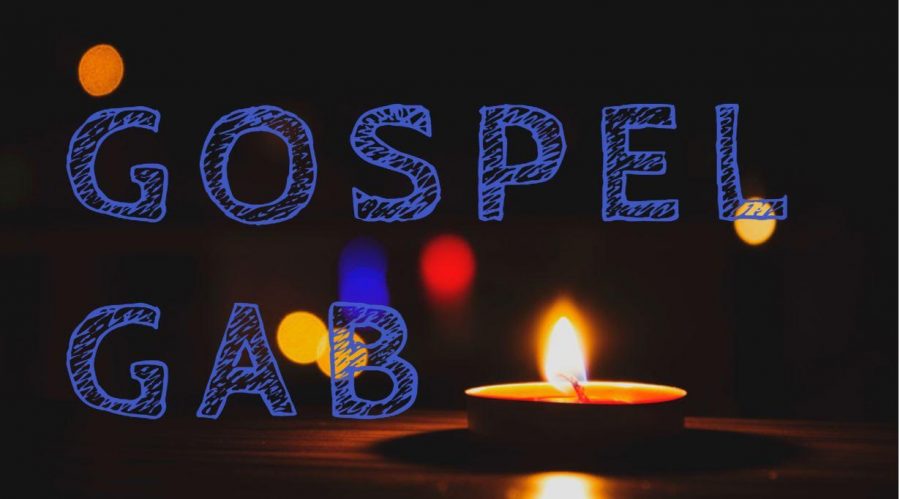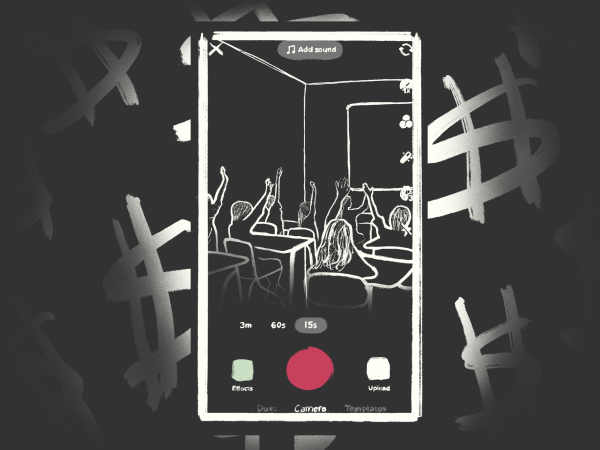Gospel Gab: Peace among wreckage
Whenever something devastating happens, everyone immediately wants to find someone or something to blame and figure out a reason for the hardship. Human nature is to try to make sense of things and put the world into neat little boxes so that we can understand it all.
In mid-September, Hurricane Florence ravaged through the Carolina coast and took a serious toll on the Wilmington community. From uprooting enormous live oaks to leaving homes under several feet of water. The storm was only a Category 1 hurricane, yet the destruction was equal to that of a Category 4.
Weeks later, the community is still feeling the effects of the storm and working to restore their happy little beach town. Heaps of snapped trees and chunks of drywall lie alongside the road, serving as a grim reminder of how truly fragile our lives are.
In times like this, it is so easy to wonder where God is and question why He would ever allow such a horrible thing to happen. If He really is a loving Father, why would He let our homes and belongings be destroyed? And if He truly is omnipotent, why wouldn’t He snap His fingers and simply make Florence disappear?
It is a pretty universal understanding that we don’t have the answer to every question floating about in our universe. Some things we can’t explain and so we go on suggesting theories and engaging in neverending debates about things which we will never find a conclusion.
The Bible does clearly tell us that sin and evil are in the world because of the fall of man in Genesis. This initial act of sin opened the way for evil to live inside of us and extend temptation to every human to walk the earth. This is why there is darkness in the world – God didn’t create it, nor did He stop it from happening. It is a product of disobedience driven by Satan and allowed by free will.
However, to be angry at God for allowing darkness to harm us is not a rational reaction. In the Bible, when Lazarus dies, Jesus weeps and mourns just as anyone would. He is extremely sorrowful over the death of his friend and people wonder why Jesus would allow Lazarus to fall sick and pass away in the first place.
Regardless of his human emotions, Jesus is powerful enough to bring Lazarus back from the dead and restore his humanity. This is a perfect example of how God responds and reacts to darkness. In troubling times, He mourns alongside us and empathizes with our pain, then comforts us with His love and everlasting peace.
This is a picture of how we should strive to act in times of tragedy and loss. When our brothers and sisters are in a dark place and are in need of consolation, it is so easy to want to search for some kind of logical explanation for the pain or to seek out something to cast blame upon. However, all we really need to do is be present and walk with each other through the darkest of valleys.
As our community recovers from the catastrophic effects of the storm, there has been an overwhelming amount of love and support extended among neighbors, classmates and coworkers. Not only have there been thousands of volunteers putting in physical labor to clean up the mess, but the emotional support and encouragement present in Wilmington is truly a picture of God’s love.













